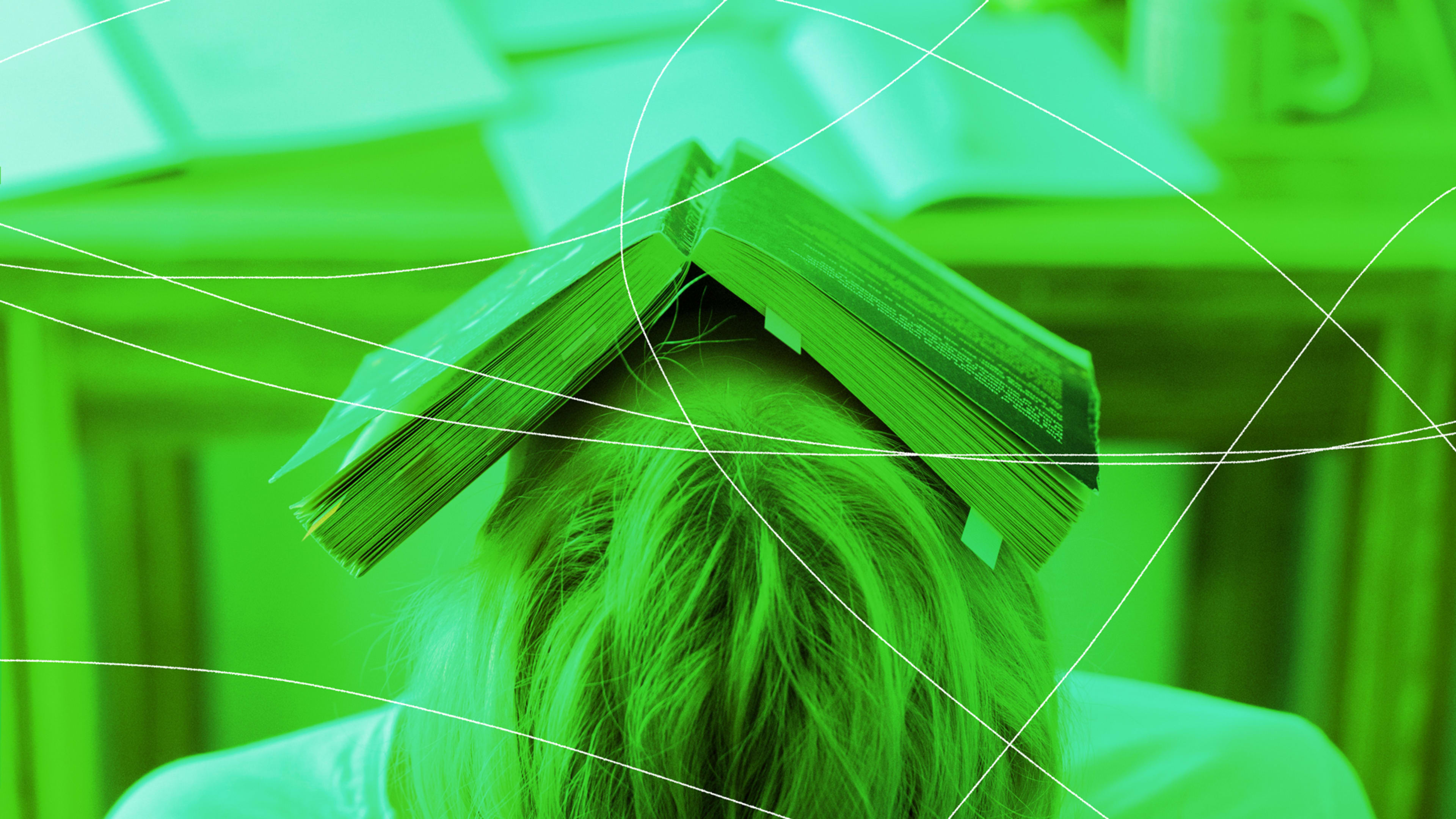Stress and anxiety are a part of life. You experience these emotions when there is some looming threat or calamity that must be avoided and you have not yet successfully solved or even tackled the problem.
Often when you’re feeling stress you know the reason. There’s a deadline, an issue with a client or customer, or some other significant problem that needs to be solved. Sometimes, though, you just feel a wave of anxiety come on, and it isn’t clear that it is directed at anything in particular. This kind of anxiety can make it hard to get any work done, because it tends to narrow your focus, decrease the amount of information you hold in mind, and amp up your energy to the point where you can’t sit still anymore. It might also lead you to ruminate—that is, to engage in a cycle of negative thoughts.
When that happens, here are three things you can do to get some relief:
1. Deal with the energy
When stress makes you less productive, it is probably because you have fallen victim to the high side of the Yerkes-Dodson curve. This observation, which dates back to 1908, shows that as you get more energized, your performance on a task improves up to a point. But getting energized above that level makes it hard to function properly because you have too much energy to focus and do the task well.
That means you need to calm your motivational system down. There are two ways to do that. The first is to engage in exercises like mindfulness meditation that force you to take some deep breaths, which is naturally calming. They also allow you to observe your thoughts without judgment, which can help to quiet your mind. There are many great apps out there that offer quick, five-minute meditations. (I work out with Peloton, and they have some wonderful meditations in addition to fitness classes.)
The second way to calm your energy is to get some physical exercise. Take a break and walk outside for 15 minutes, or (if your schedule allows it) consider a regular midday workout. This exercise will use up that excess arousal and get you ready to concentrate again.
2. Recenter on the next task
When you are experiencing general anxiety, your queue of things to do likely seems overwhelming. You aren’t worried about any specific task—you’re worried about the totality of what lies in front of you and (potentially) the uncertainty of what is to come.
This kind of anxiety is paralyzing because there is nothing specific you can devote your energy toward. You can’t magically make progress on your entire to-do list. And you can’t predict the future, so there isn’t much you can do to prepare for unknown outcomes.
Instead, go back to your to-do list, find something important on it, and get to work. Often you’ll notice that making progress on a specific task can help you feel better because you’re using your energy to get work done, rather than cycling through a sequence of negative thoughts.
3. Look for a win
Also, remember that anxiety and stress are the result of a motivational focus on threats. Another way to shift your emotions is to move your attention from the things that could go wrong in your world to something wonderful that you can help bring about.
Keep a list of tasks that need to be completed that create good outcomes. Perhaps you have clients you need to contact to give them good news. You might need to compliment some of your direct reports on jobs well done. Maybe there are tasks that are focused on aspects of your business that are currently going well.
When the midday anxiety strikes, pick one of those tasks off the list. By completing something reasonably quick that has a positive outcome, you generate conditions to experience some joy. Shifting that mindset—even briefly—can change your motivation for the rest of the day and get you back on track.
Recognize your brand’s excellence by applying to this year’s Brands That Matter Awards before the early-rate deadline, May 3.
